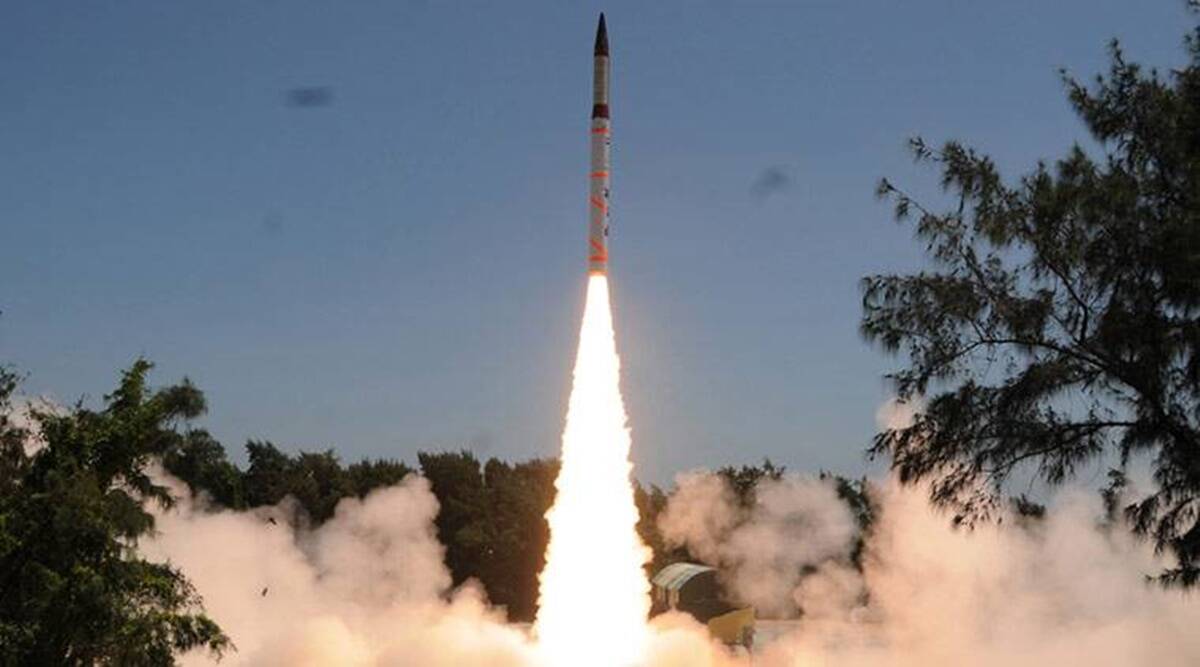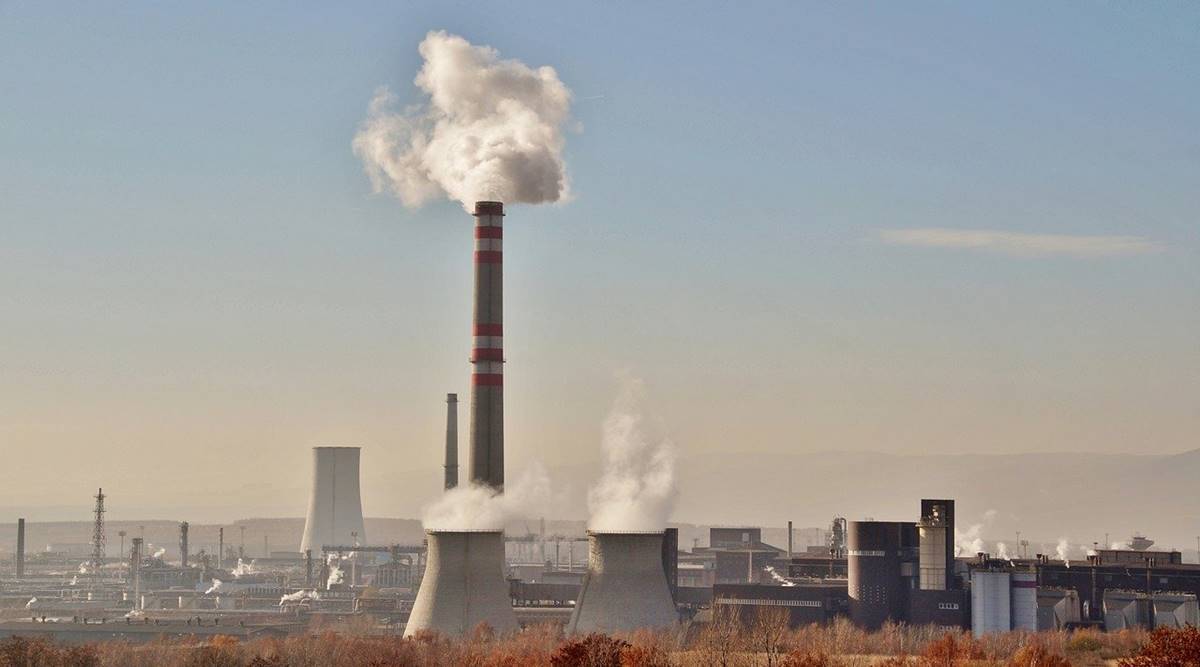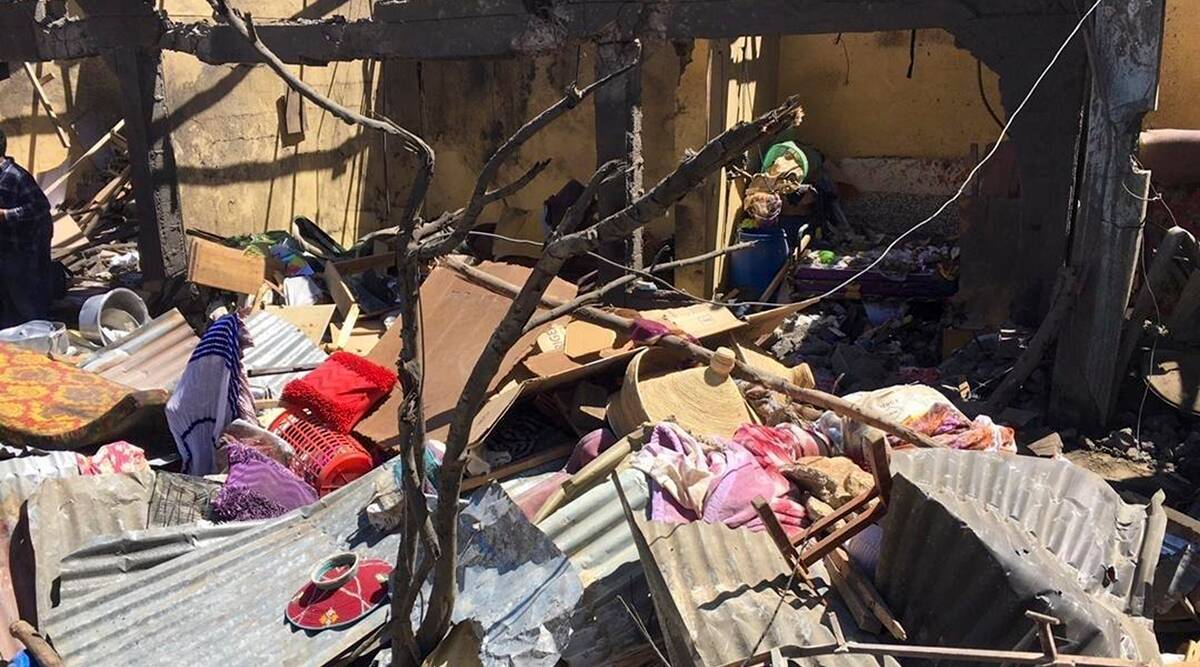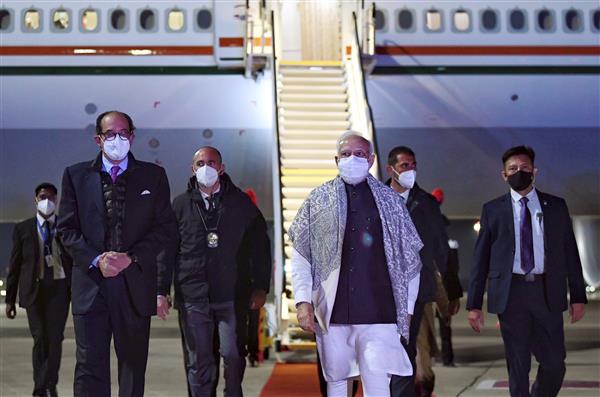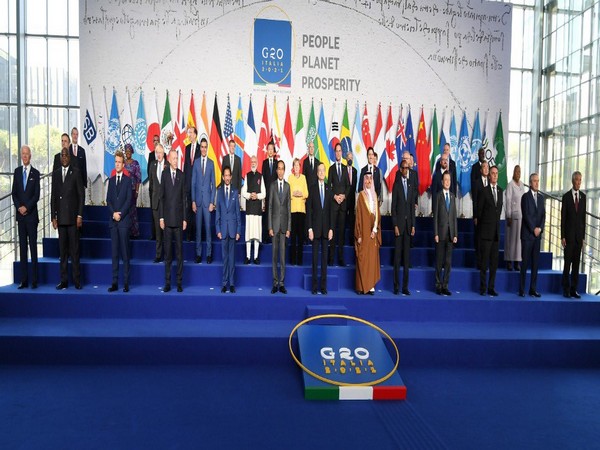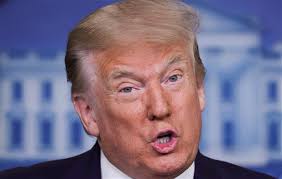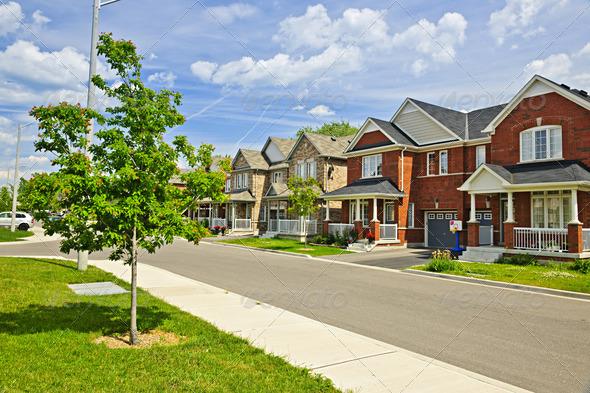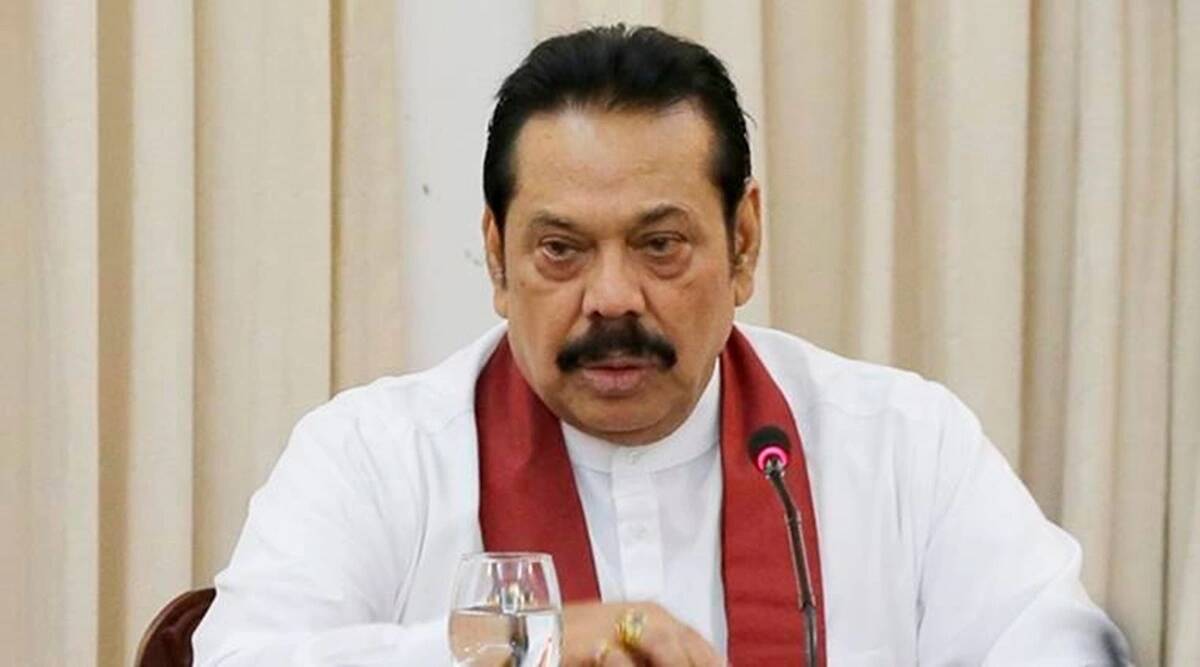
05/18/2022
Colombo, May 18: Sri Lanka’s former strongman Mahinda Rajapaksa on Wednesday made his first appearance in Parliament since he was forced to resign as prime minister and take shelter in a navy camp under high security amidst violent protests against the economic crisis largely blamed on the Rajapaksas.
Mahinda Rajapaksa, 76, who served as the country’s prime minister thrice, saw his residence set on fire last week. He, along with his wife and family, had fled his official residence – Temple Trees – and took shelter at the naval base in Trincomalee.
Mahinda resigned as prime minister last week, hours after his supporters attacked anti-government protesters, prompting authorities to impose a nationwide curfew and deploy Army troops in the capital.
The attack triggered widespread violence against pro-Rajapaksa politicians.
At least 9 people died with over 200 being hospitalised. Some 58 of Mahinda Rajapaksa’s government colleagues have seen arson attacks on their personal properties.
Mahinda, who is an MP, was seen in Parliament, his first appearance since he was forced to resign and retreat to a Navy Camp in the Eastern Province following the May 9th Black Monday violence, the News First newspaper reported.
His son and former cabinet minister Namal Rajapaksa also attended the Parliament session.
Both Rajapaksas were notable absentees on Tuesday when a motion to suspend the Standing Orders to debate the motion expressing displeasure on President Gotabaya Rajapaksa was taken up for a vote, it said.
The motion was defeated.
On May 11, Defence Secretary Gen. (Rtd.) Kamal Gunaratne confirmed that former prime minister Mahinda Rajapaksa was temporarily moved to the Trincomalee Navy Dockyard.
“He will not live there forever. After the situation returns to normal, he will be relocated to a residence or location of his choice,” he said.
He said the former prime minister will be protected as long as he lives, as every former president is entitled to security and protection.
Sri Lanka is facing its worst economic crisis since gaining independence from Britain in 1948.
The crisis is caused in part by a lack of foreign currency, which has meant that the country cannot afford to pay for imports of staple foods and fuel, leading to acute shortages and very high prices.
Thousands of demonstrators have hit the streets across Sri Lanka since April 9 seeking the resignation of President Gotabaya Rajapaksa as the government ran out of money for vital imports.-Agencies
